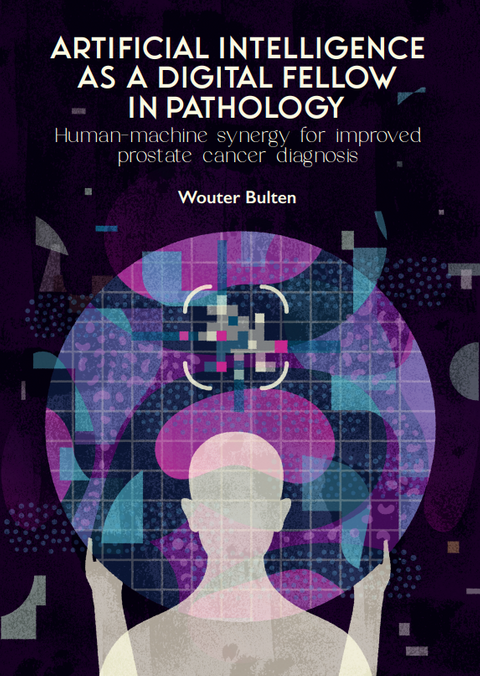Artificial intelligence as a digital fellow in pathology: Human-machine synergy for improved prostate cancer diagnosis
W. Bulten
- Promotor: J. van der Laak and B. van Ginneken
- Copromotor: G. Litjens and C. de Kaa
- Graduation year: 2022
- Radboud University, Nijmegen
Abstract
The histological grading of prostate biopsies is a crucial element in the diagnostic pathway of prostate cancer. The known high inter- and intraobserver variability show potential and a need for assisting pathologists in this task. Furthermore, a global shortage of pathologists stresses the demand for reproducible, more efficient, and easily accessible diagnostic solutions. This thesis's primary aim was to investigate and design an AI-based system to detect and grade prostate cancer in biopsies. A second aim was to evaluate the potential clinical merits of AI-assisted grading when such systems are embedded in the pathologist's workflow. To this extent, the following objectives were undertaken as part of this thesis:
-
The development of an automated system that can distinguish epithelial tissue from other tissue types within H&E stained prostate specimens (Chapter 2);
-
The development and validation of an automated system for grading prostate biopsies using the Gleason grading system (Chapter 3);
-
A multi-center independent evaluation of state-of-the-art algorithms for automated Gleason grading sourced through a large-scale medical AI competition(Chapter 4);
-
The investigation of the potential merits of AI-assisted grading of prostate cancer through an observer study (Chapter 5).
